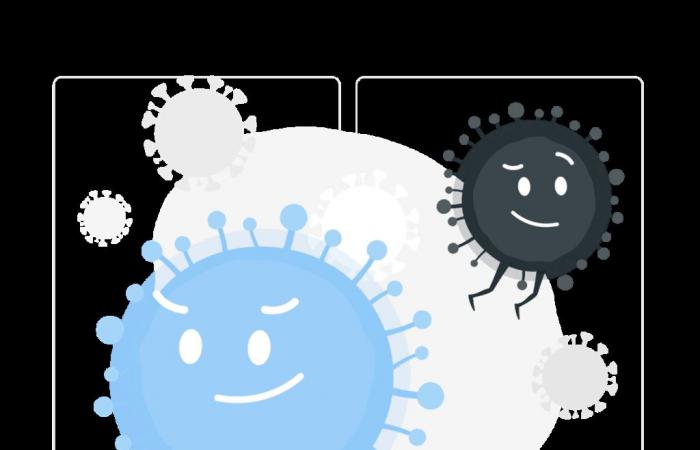A complete revision of the Optimal Use Guide (GUO) for treatments for genital herpes was carried out by the National Institute of Excellence in Health and Social Services (INESSS) in 2024. This update of the guide was judged relevant due to the evolution of knowledge on this high prevalence infection in Quebec and the psychosexual consequences it causes in the populations concerned. The previous version of the guide dated from 2012.
The GUO on genital herpes presents recommendations concerning the diagnosis of the infection (including clinical examination, medical biology analyzes and their interpretation), treatment indications, clinical management, counseling and follow-up .
This new version of the GUO concerns people aged 14 and over, including pregnant people and people living with HIV. In addition to a review of treatment options for the general population, treatment principles for these two more specific populations have been added. Finally, the guide now addresses counseling to support a person living with genital herpes.
In addition to supporting the intervention of front-line professionals who diagnose and treat genital herpes, this guide is relevant in the context of STBBI screening to support people who live with it or who have related questions or concerns. with this infection.
Additional resources on genital herpes:
- Info-Herpès: a community project that offers support and various services for people living with the herpes simplex virus or likely to contract it.
- Medical training capsule on herpes simplex: a one-hour module on the assessment, diagnosis and management of herpes simplex offered to family doctors on the FMOQ training platform.
Reminder on the clinical aspects of genital herpes
- Genital herpes is a chronic infection caused by the virus Herpes simplex type 1 or type 2.
- Most people living with genital herpes have no symptoms or they are mild and go unnoticed.
- The intensity and frequency of symptomatic periods vary greatly from one person to another. Clusters of vesicles appear in the genital area, can last 1 to 3 weeks and gradually develop into small painful ulcers. This period may be accompanied by systemic symptoms such as fever, muscle pain or headache.
- Transmission of genital herpes is possible when there are no symptoms, but the risk is higher if there are skin lesions.
- The virus can be transmitted during direct or indirect contact with lesions or with skin and mucous membranes during asymptomatic shedding. The virus can also be transmitted during pregnancy or childbirth.
- Genital herpes can cause psychosexual impacts such as isolation, loss of self-esteem, fear of judgment or rejection by partners and depression. Counseling can support the person by providing information about the infection, discussing fears, busting myths and providing appropriate resources.
- There is no cure for genital herpes, but medications can relieve symptoms, reduce the duration and frequency of symptomatic episodes, and reduce the risk of transmission. Treatment can also reduce psychological burden and improve quality of life.
Canada






